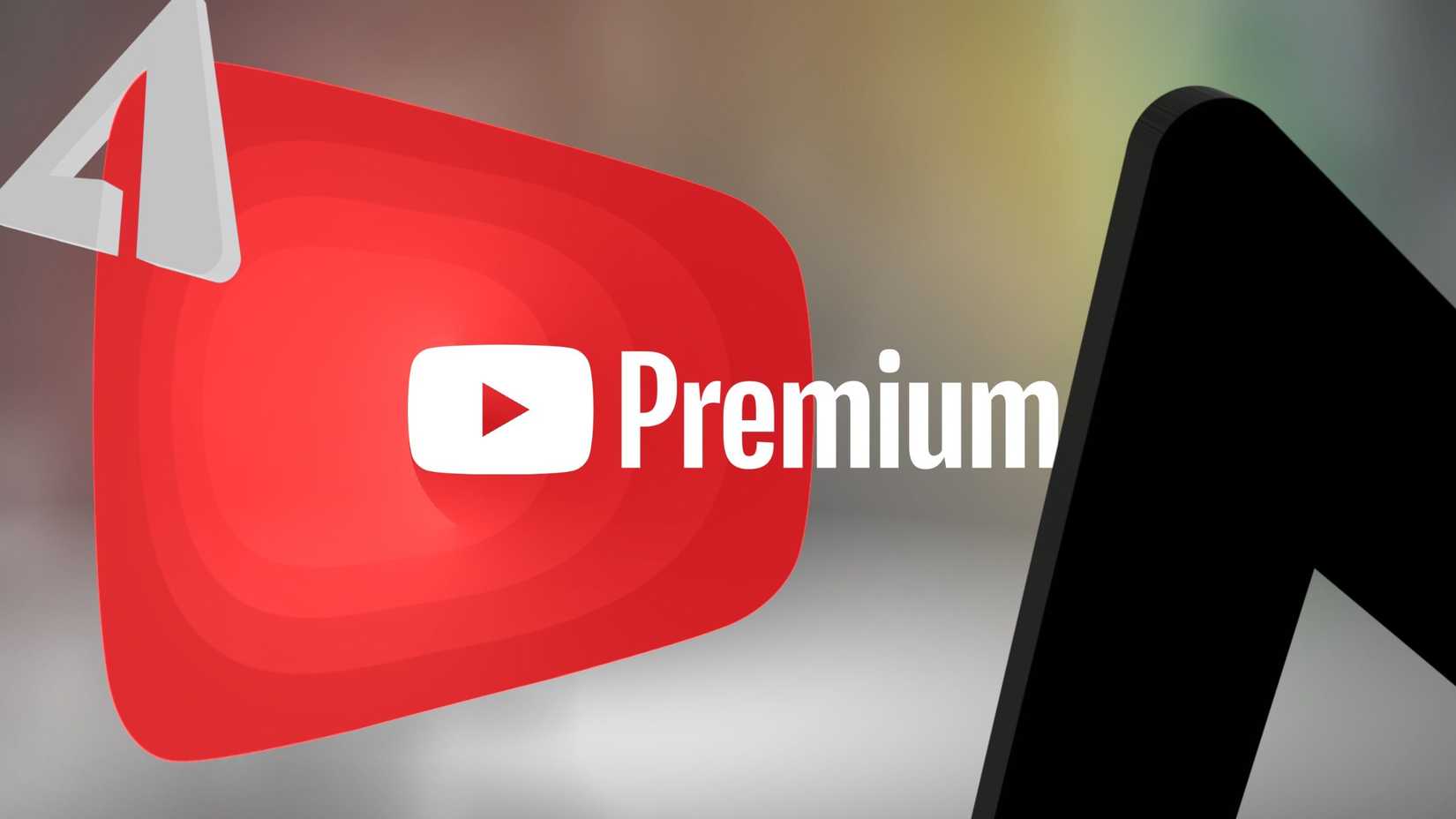Your body has its limits. Stress you once breezed through in your youth hits differently as you age and have more responsibilities. Your system burns more energy when your brain is constantly on high alert. Resist the temptation to pretend you’re strong enough to handle more deadlines in those moments. The fatigue you feel is your body speaking its language. Like your personal computer, it will crash when it’s had enough.
It’s great that therapy is now mobile and cheaper to some extent. Apps support professional care and provide you with a proper break from anything that elevates your worry levels. I use these eight options when I’m feeling overwhelmed, and you should, too.
8
How We Feel
We want someone to listen and ask how we’re doing. However, we don’t take the time to listen to ourselves. How We Feel is centered around emotional check-ins that help you know your triggers. You’re asked to name your feelings using a color-coded system that maps your mood over time. You’ll also notice patterns you’ve ignored.
The app teaches you to confront your emotions instead of glossing over them. Document them in its private journal. Another helpful feature is the “Burn the Negative” tool. You’ll type what’s weighing on you on animated paper and tap a flame button. Then, the app simulates the paper burning and disappearing like ash in the wind. It’s oddly satisfying, and I’m not ashamed to say I’ve overused it.
7
Smiling Mind: Mental Wellbeing
Smiling Mind’s layout has a tranquil purple theme and simple icons. The app looks like an information dump when you first open it. Take your time to glance through it, and you’ll find many useful features. Based on how you feel, the app recommends a session that matches your state of mind. You’ll access topics related to stress, relationships, and other categories under the Explore menu.
Each topic leads to several audio programs, each spanning a few minutes. There are also age-specific collections to help you get comfortable. Routine is where you build your daily flow. Set it up to nudge you into morning check-ins and evening reflections for the best experience.
6
Finch: Self-Care Pet
Finch is a cute self-care mirror. You’re tasked with hatching and raising a little birdie, which helps you improve yourself. The app asks plenty of questions and uses that info to curate daily goals that feel doable even in tough times. For example, get out of bed, drink water, take three deep breaths, and do one thing that makes you happy.
Each completed task earns energy points that help your bird explore the world. Add a widget to your home screen as a soft reminder to revisit your pet. The app is incredibly reliable if you struggle with ADHD. It helps your brain feel unstuck when tasks aren’t clearly laid out or feel too big to start.
5
Insight Timer – Meditation App
Insight Timer is a sanctuary tucked into your phone. It helps you reframe negative thinking and breathe through emotions you’re feeling. There’s also a gentle rhythm to how the app encourages you to show up for yourself. It’ll prompt you to set an intention for the day, and you’ll access a journal to reflect on how you feel.
The app features a collection of over 200,000 guided meditations and soundtracks to help you relax. There’s also a collection of expert courses, which requires a subscription.
4
Calm – Sleep, Meditate, Relax
Calm has been around for years and has improved with time. The first thing you hear when you open the app is the sound of a rushing stream. That alone can center you, even if you don’t use anything else. I usually stick to the free version, but I once gave in and used the free trial of the premium plan to hear Matthew McConaughey narrate a story. It was worth it.
The app features a section dedicated to sleep. The tab is packed with bedtime stories, soundscapes, meditations, and wind-down stretches to ease your body into rest mode. It’s ideal for insomniacs or anyone trying to rebuild a healthy circadian rhythm.
Beyond sleep, the app has categories tailored to different needs, including guided breathing for panic episodes, daily affirmations to start your day, or emotion-focused sessions. Also, there’s a Digital Well-Being collection to help you manage your screen habits mindfully.
3
Balance: Meditation & Sleep
The Balance app greets you with ambient tones, and it’s stripped of excess color. It looks exactly how a meditation app should, so much so that it’s not overstimulating. Your Foundations Plan is easy to set up, and it’s a timed meditation session to introduce you to the app. Then, you’ll continue it daily.
You can pick whose voice guides you. I use Leah Santa Cruz’s because her voice is the most soothing. Most of these early sessions are free, but you’ll need a subscription to access the full experience, like meditations designed for breakfast and other everyday activities. Balance offers a yearly plan with a discount for first-time users, but there isn’t a free trial.
2
MindShift CBT – Anxiety Relief
MindShift proves that you can manage anxiety better with intentional steps. Among its underrated features is the goal-setting tool. Chasing vague dreams without clear steps can cause burnout, especially when you’re doing too much without direction. The app helps set a small and realistic goal. Then it encourages you to set a deadline. You’re guided to avoid the “all or nothing” trap that leads to shame spirals.
MindShift also offers activities such as “Take a breath” and “Ground yourself,” alongside calming affirmations. I mostly use “Shift your thinking” as it displays a series of cards. Each card displays a gentle reminder or question designed to interrupt overthinking and catastrophizing spirals.
1
ChatGPT
One surprisingly useful app for emotional support is ChatGPT. Unlike real conversations, where you might worry about judgment or awkwardness, ChatGPT can be your friend, a therapist, a confessional booth, or whatever you need at the moment.
Ask it for practical tips on how to manage stress that is unique to you. The more honest and detailed you are, the better the response. You can type, “I’m anxious because I have a presentation tomorrow morning, and I can’t focus. Give me some exercises I can try tonight and in the morning to feel less stressed.”
You may not want others to know about your conversations with ChatGPT. Protect your privacy by deleting your chat.
Trade screen time for peace of mind
Social media and its pressures are partly responsible for the stress we feel. Disconnecting once in a while can help you relax. You don’t have to go completely off the grid. You’ll find apps that shorten screen time gradually until you can avoid triggering platforms on your own. More importantly, pair those digital tools with real-life activities. Go for a walk, lie down and listen to the sound of your breath, and stretch in the sunlight for your peace of mind.




